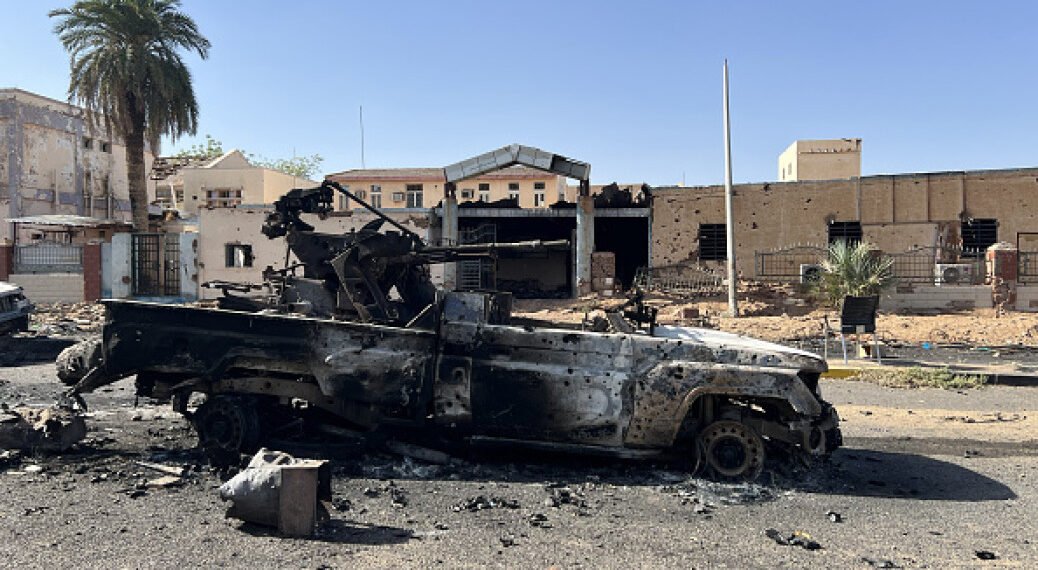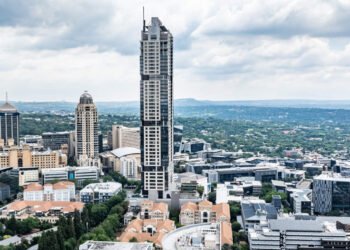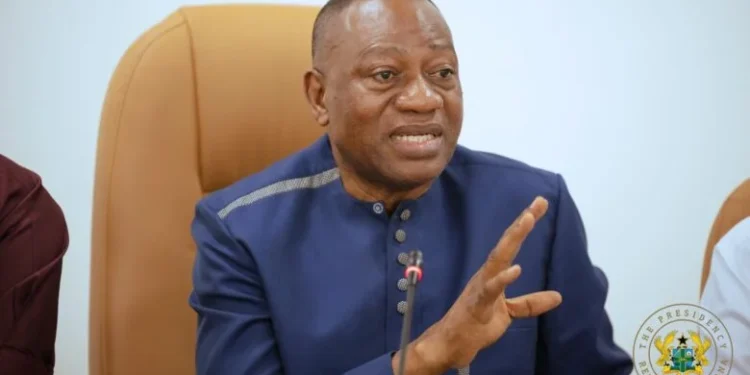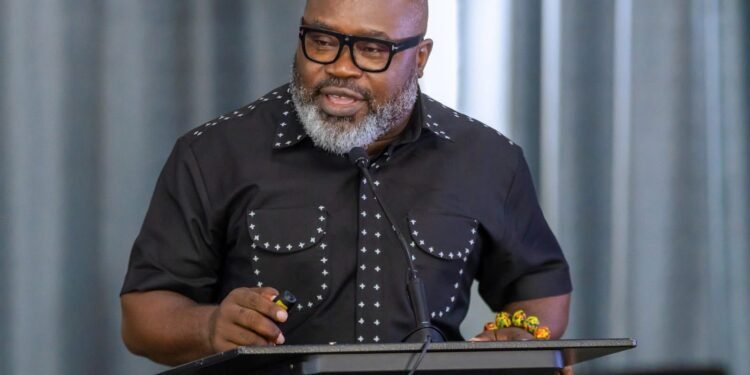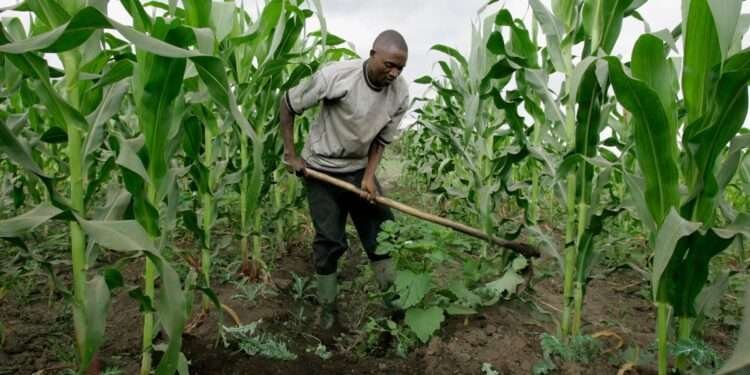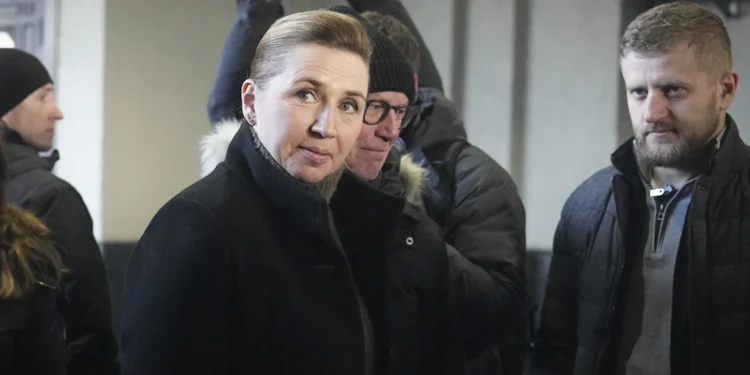The Sudanese army has declared victory in Khartoum after nearly two years of conflict, marking a significant shift in the ongoing war.
The paramilitary Rapid Support Forces (RSF) admitted to withdrawing from the capital, with its leader, Mohamed Hamdan Daglo, vowing to return with renewed force.
“I confirm to you that we have indeed left Khartoum, but… we will return with even stronger determination,” Daglo stated in a speech shared on social media. This admission comes just days after the RSF asserted that there would be “no retreat and no surrender.” The army had earlier announced on March 27 that the capital was now “free” of the paramilitary group.
The conflict has devastated Sudan, creating what the United Nations describes as the world’s worst hunger and displacement crisis. Over 12 million people have been forced to flee their homes, tens of thousands have lost their lives, and a UN-backed assessment has confirmed famine in parts of the country.
Sudan’s army chief, Abdel Fattah al-Burhan, echoed Daglo’s defiance, dismissing the possibility of peace talks. “We will neither forgive, nor compromise, nor negotiate,” he said, adding that victory would only be complete when “the last rebel has been eradicated from the last corner of Sudan.”
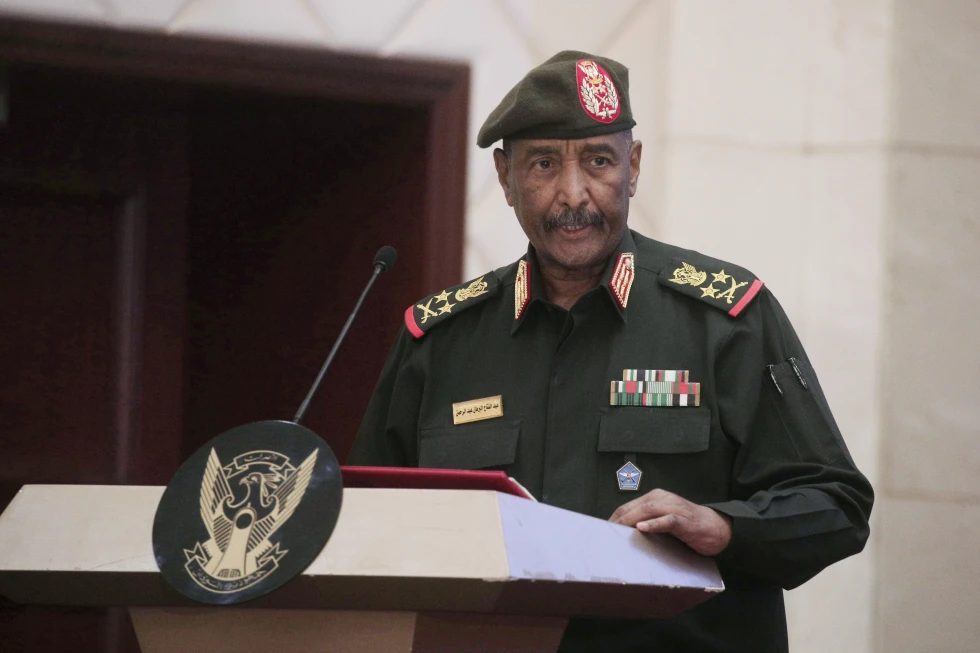
Although the army has reclaimed Khartoum, the war-torn nation remains effectively split. The military controls the north and east, while the RSF dominates the vast Darfur region in the west and parts of the south.
Pope Francis, still recovering from a severe bout of pneumonia, issued a written appeal on Sunday for renewed negotiations in Sudan. The United States and Saudi Arabia had previously attempted to mediate peace talks, but multiple ceasefires collapsed.
US Secretary of State Marco Rubio signaled that Washington intends to intensify diplomatic efforts. “We are engaged on Sudan,” he said, revealing that he had discussed the situation with Kenyan President William Ruto and Ethiopian Prime Minister Abiy Ahmed. His predecessor, Antony Blinken, had made extensive efforts to broker peace but ultimately expressed disappointment at the failure to secure a lasting resolution.
The United States has imposed sanctions on both sides, accusing the Sudanese army of targeting civilians and condemning the RSF for committing “genocide” in Darfur.
RSF Faces Setbacks
Following a series of defeats, the RSF has struggled to maintain its foothold in key areas. Analysts point to internal divisions, strategic miscalculations, and supply shortages as contributing factors to their losses. The army’s recent offensive has allowed it to push through central Sudan, ultimately leading to the recapture of Khartoum.
Despite this setback, RSF forces remain active elsewhere. On March 28, residents of Damazin, the capital of Blue Nile state, reported drone attacks on both the city’s airport and the nearby Roseires Dam — marking the first such strikes in the war. The army later claimed to have shot down the RSF drones.
In another attack, an RSF strike in El-Obeid reportedly killed a child and injured eight others, according to a medical source. This follows a pattern of escalating violence since the military broke an RSF siege in North Kordofan’s capital in February.
Amid the ongoing war, international involvement has come under scrutiny. A United Nations panel investigating arms embargo violations in Darfur found “credible” evidence that the United Arab Emirates (UAE) has been supplying “military support” to the RSF through neighboring Chad. Abu Dhabi has categorically denied the accusations.
With Sudan’s conflict showing no signs of resolution, the battle for control continues to rage on. While the army’s victory in Khartoum is a significant milestone, the war remains far from over, with both sides refusing to back down. As humanitarian conditions worsen, the international community faces mounting pressure to push for a sustainable peace agreement.
READ ALSO: Parliament’s GH₵96M Allocation Raises Accountability Questions

